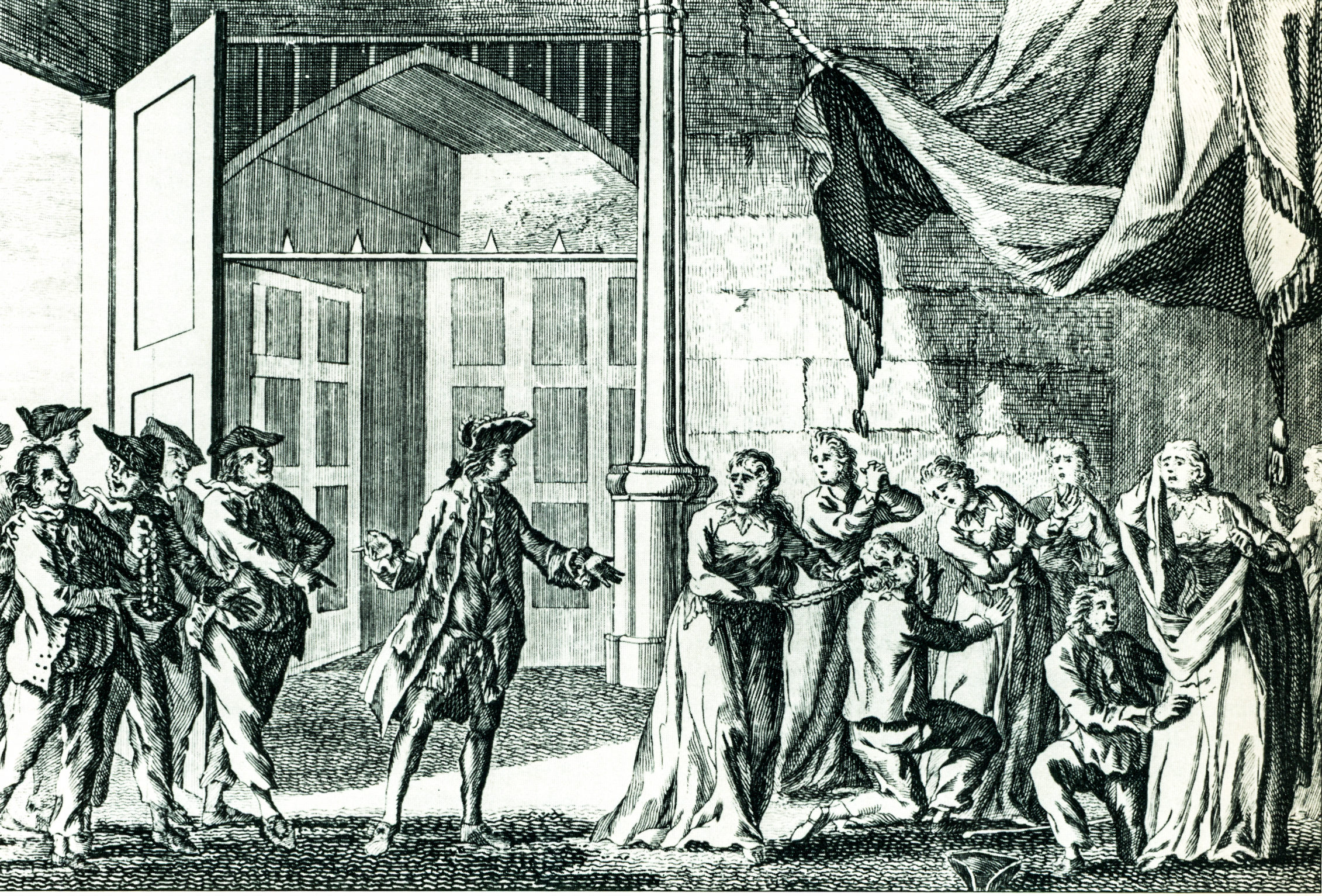No purchase, no pay on:
[Wikipedia]
[Google]
[Amazon]
 "No purchase, no pay" (or "no prey, no pay") was a phrase used by pirates and privateers, of the 17th century in particular, to describe the conditions under which participants were expected to join expeditions or raids. The phrase describes a remuneration arrangement similar to a commission.
"No purchase, no pay" (or "no prey, no pay") was a phrase used by pirates and privateers, of the 17th century in particular, to describe the conditions under which participants were expected to join expeditions or raids. The phrase describes a remuneration arrangement similar to a commission.
by David Marley ( ABC-CLIO, 2010) In the case of an unsuccessful raid, participants might receive nothing at all. But if a raid was successful, then loot was often shared equitably and democratically with clear ratios based on seniority and length of service.
''Jolly Roger: The Story of the Great Age of Piracy''
by Patrick Pringle (
 "No purchase, no pay" (or "no prey, no pay") was a phrase used by pirates and privateers, of the 17th century in particular, to describe the conditions under which participants were expected to join expeditions or raids. The phrase describes a remuneration arrangement similar to a commission.
"No purchase, no pay" (or "no prey, no pay") was a phrase used by pirates and privateers, of the 17th century in particular, to describe the conditions under which participants were expected to join expeditions or raids. The phrase describes a remuneration arrangement similar to a commission.
Meaning
The term "purchase" in the phrase is used to mean success against piratical targets from whombooty
Booty may refer to:
Music
*Booty music (also known as Miami bass or booty bass), a subgenre of hip hop
* "Booty" (Jennifer Lopez song), 2014
*Booty (Blac Youngsta song), 2017
* Booty (C. Tangana and Becky G song), 2018
*"Booty", a 1993 song by G ...
might be successfully extracted. The premise of the phrase was that if the expedition did not succeed in extracting booty from the target, those participating in the expedition would receive no reward.''Pirates of the Americas, Volume 1''by David Marley ( ABC-CLIO, 2010) In the case of an unsuccessful raid, participants might receive nothing at all. But if a raid was successful, then loot was often shared equitably and democratically with clear ratios based on seniority and length of service.
Use
The phrase was used extensively to describe arrangements for pirates working on theSpanish Main
During the Spanish colonization of America, the Spanish Main was the collective term for the parts of the Spanish Empire that were on the mainland of the Americas and had coastlines on the Caribbean Sea or Gulf of Mexico. The term was used to di ...
in particular. The concept is said to have encouraged increased risk-taking as pirates made a calculated decision to attack more valuable targets with a better risk-reward ratio.by Patrick Pringle (
Courier Dover Publications
Dover Publications, also known as Dover Books, is an American book publisher founded in 1941 by Hayward and Blanche Cirker. It primarily reissues books that are out of print from their original publishers. These are often, but not always, books ...
, 2001)
Hender Molesworth
Sir Hender Molesworth, 1st Baronet (''ca.'' 1638 – 27 July 1689), was made 1st Baronet of Pencarrow after serving as acting Governor of Jamaica
This is a list of viceroys in Jamaica from its initial occupation by Spain in 1509, to its indep ...
, Governor of Jamaica, is known to have issued privateer and even pirate-hunting contracts with strict "no purchase, no pay" clauses.
See also
*Pirate code
A pirate code, pirate articles, or articles of agreement were a code of conduct for governing pirates. A group of sailors, on turning pirate, would draw up their own code or articles, which provided rules for discipline, division of stolen goods, ...
*Buccaneer
Buccaneers were a kind of privateers or free sailors particular to the Caribbean Sea during the 17th and 18th centuries. First established on northern Hispaniola as early as 1625, their heyday was from the Restoration in 1660 until about 168 ...
* Letter of marque
*No win, no fee A contingent fee (also known as a contingency fee in the United States or a conditional fee in England and Wales) is any fee for services provided where the fee is payable only if there is a favourable result. Although such a fee may be used in man ...
References
{{Pirates Pirate customs and traditions Adages Privateering